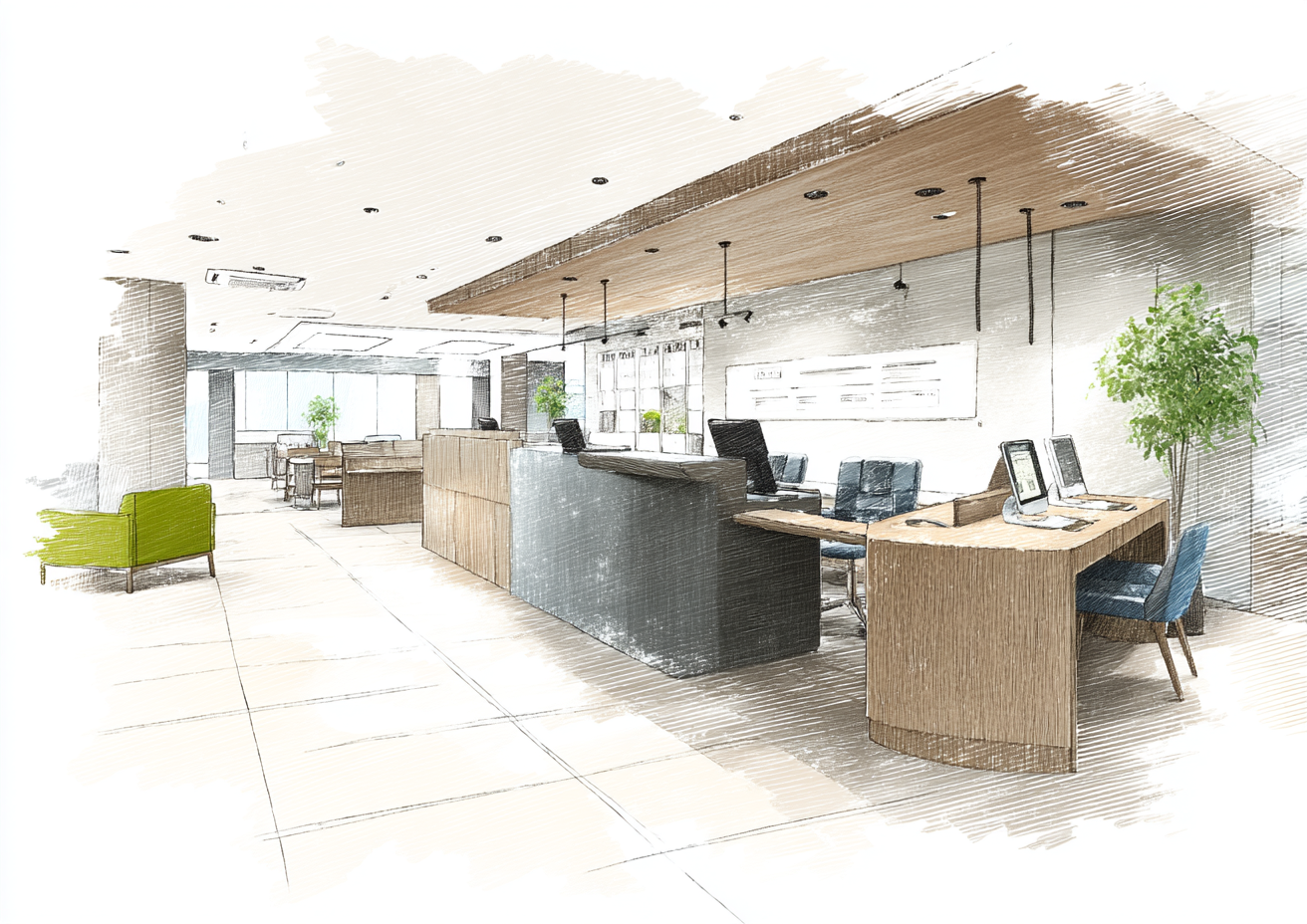Hire Peritoneal Dialysis Nurse (RN): They are essential for Dialysis Centers. These professionals deliver specialized care that significantly impacts patient outcomes. Hiring top talent can enhance your operations, ensuring that patients receive the best treatment while also improving overall efficiency and satisfaction within your team.
Why Hire a Peritoneal Dialysis Nurse (RN)?
Peritoneal Dialysis Nurses (RNs) play a crucial role in the dialysis sector. They ensure that patients receive the right care and support for their peritoneal dialysis needs. Hiring these specialized nurses brings several advantages:
- Enhanced Patient Care: Peritoneal Dialysis Nurses focus on the unique needs of patients undergoing dialysis. They provide personalized education on managing their condition, leading to better health outcomes.
- Operational Efficiency: By hiring a dedicated PD nurse, organizations can streamline processes. These nurses are trained to manage treatments efficiently, reducing wait times and improving service delivery.
- Expertise in Home Dialysis: Many Peritoneal Dialysis Nurses have experience with home dialysis. This expertise is vital as more patients opt for home treatment, ensuring they receive the same quality of care as in-clinic procedures.
- Reduction of Complications: A well-trained PD nurse can identify complications early, allowing for timely intervention. This proactive approach reduces hospitalizations and enhances patient safety.
- Support for Families: PD nurses also provide education and support to the families of patients. Helping families understand the treatment process fosters a supportive environment and assists in compliance with treatment plans.
What Are the Types of Peritoneal Dialysis Nurse (RN)?
- Clinical Peritoneal Dialysis Nurse: This RN specializes in direct patient care in a clinical setting. Their responsibilities include administering dialysis treatments and monitoring patient vital signs.
- Home Dialysis Nurse: This nurse is trained to support patients performing dialysis at home. They educate patients on self-care techniques and ensure that they have the necessary supplies and resources.
- Nephrology Nurse: This RN focuses on broader nephrology care, including those on peritoneal dialysis. They often work in hospitals and clinics, collaborating with nephrologists to manage patient treatment plans.
- PD Nurse Trainer: This type of nurse provides training to new staff and patients. They develop training programs ensuring that everyone understands peritoneal dialysis protocols, enhancing overall care quality.
- Research Peritoneal Dialysis Nurse: Focused on clinical research, this nurse works on studies related to peritoneal dialysis. They help advance the field through data collection and analysis.
Where to Find Peritoneal Dialysis Nurse (RN)?
- Online Job Boards: These platforms allow employers to reach a wide audience. While effective, the sheer volume of applications may complicate the screening process.
- Staffing Agencies: Partnering with staffing firms can simplify hiring. Pulivarthi Group offers pre-vetted candidates, streamlining the process and saving time while ensuring quality.
- Professional Networks: Many RNs find jobs through networking. Engaging with nursing associations can yield excellent candidates, though it may require more time for outreach.
- Social Media: Platforms like LinkedIn can help in finding specialized talent. However, verifying the skills and experience of candidates may be challenging without a structured process.
What Are the Challenges Faced While Hiring Peritoneal Dialysis Nurse (RN)?
- Assessing Skills: Evaluating the technical skills required for effective dialysis nursing can be difficult. A lack of clinical experience in candidates can lead to hiring complications and affect patient safety.
- Cultural Fit: Ensuring a nurse aligns with your organization’s values is essential. A poor cultural fit can lead to staff turnover and negatively impact team morale.
- High Turnover Rates: The dialysis sector often experiences high turnover rates, which can disrupt care continuity. Frequent hiring means investing more time and resources in training new staff.
- Regulatory Compliance: Compliance with industry regulations is critical. Failing to hire qualified nurses can lead to legal issues and impact the clinic’s reputation.
What Qualifications and Licenses Must a Peritoneal Dialysis Nurse (RN) Have?
- Registered Nurse (RN) License: All Peritoneal Dialysis Nurses must hold a valid RN license. This credential ensures they meet the necessary standards to provide safe and effective patient care.
- Bachelor’s Degree in Nursing: While an associate’s degree may suffice, a bachelor’s degree provides a comprehensive understanding of nursing principles and patient care techniques.
- Certification in Nephrology Nursing: Additional certification in nephrology demonstrates specialized knowledge and commitment to the field, enhancing a nurse’s credibility and expertise.
- Experience in Dialysis Care: Prior experience in dialysis nursing is crucial for delivering high-quality care. Hands-on experience helps nurses manage patient needs effectively and reduces the learning curve.
Sample Peritoneal Dialysis Nurse (RN) Job Description
Job Overview: The Peritoneal Dialysis Nurse (RN) will provide skilled nursing care to patients undergoing peritoneal dialysis, ensuring adherence to protocols and best practices. Key Responsibilities: Responsibilities include assessing patient conditions, administering dialysis, and educating patients and families. Required Skills: Essential skills include effective communication, problem-solving, and a strong understanding of nephrology. Qualifications: Candidates must possess an RN license and experience in dialysis nursing.
Peritoneal Dialysis Nurse (RN) Interview Questions: What to Ask Peritoneal Dialysis Nurse (RN) at the Interview
- What experience do you have with peritoneal dialysis treatments? This question assesses practical knowledge and ability to manage patient care.
- How do you educate patients and families about the peritoneal dialysis process? Understanding their approach to education reveals their communication skills and compassion.
- Can you provide an example of a complication you’ve managed in your patients? This insight helps evaluate their problem-solving and critical thinking skills in real scenarios.
- How do you ensure compliance with protocols during treatments? Their answer indicates how they prioritize patient safety and adherence to best practices.
- What do you consider to be the most challenging aspect of the PD nursing role? This question explores their self-awareness and understanding of the job demands.
When Should I Hire a Peritoneal Dialysis Nurse (RN)?
Hiring a Peritoneal Dialysis Nurse (RN) is necessary in several scenarios. It is essential during times of increased patient volumes, when expanding services to include home dialysis, or to address any critical skill shortages in your current team. Prompt hiring can ensure your clinic meets patient needs and maintains high care standards.
How Can I Test Peritoneal Dialysis Nurse (RN) Skills?
- Role-Specific Assessments: Conducting practical assessments can accurately evaluate a nurse’s hands-on skills, ensuring they are capable of performing necessary procedures safely.
- Assigning Real-World Tasks: During the interview, assigning scenarios or tasks allows candidates to demonstrate their problem-solving abilities and critical thinking in action.
- Reviewing Past Projects: Discussing previous experiences and outcomes can provide insight into their capabilities and effectiveness in managing complex patient situations.
How to Conduct an Effective Cultural Fit Assessment for Peritoneal Dialysis Nurse (RN)?
- Ask Situational Questions: Pose hypothetical scenarios related to patient care to gauge how candidates would react. This reveals their decision-making process and alignment with your values.
- Review Alignment with Company Values: Determine whether their personal values align with your organization’s mission and values. This fosters long-term satisfaction and performance.
- Involve Team Members in the Interview Process: Including current staff in interviews helps assess if a candidate will mesh well with the existing team, aiding in fostering a collaborative environment.
What Is the Average Salary of a Peritoneal Dialysis Nurse (RN) in the US?
The average salary for Peritoneal Dialysis Nurses (RNs) in the US varies between $75,000 and $95,000 annually, depending on experience, location, and the type of facility. Geographic location plays a role, with nurses in urban areas generally earning higher salaries. Industry-specific demand often influences these trends, as skilled PD nurses are increasingly sought after across healthcare settings.
What Are Some Peritoneal Dialysis Nurse (RN)-Specific SOPs, and How to Create Them?
- Patient Assessment SOP: This outlines the protocols for evaluating patient needs before dialysis. It ensures all nurses follow a consistent approach, enhancing care quality.
- Medication Safety SOP: This procedure details medication administration protocols to minimize errors. Clear guidelines improve patient safety and compliance.
- Emergency Response SOP: An established emergency response SOP outlines the steps nurses must take in case of complications. This promotes swift action and improves patient outcomes during emergencies.
How to Retain Peritoneal Dialysis Nurse (RN) Effectively?
- Offer Competitive Benefits: Providing attractive benefits packages helps retain skilled nurses. Benefits can include health insurance, retirement plans, and paid time off.
- Foster a Supportive Work Environment: Creating a positive work culture encourages nurses to stay. A supportive team can enhance job satisfaction and reduce turnover.
- Provide Professional Development Opportunities: Investing in ongoing training and education shows commitment to nurses’ growth. This keeps them engaged and motivated in their roles.
Hire Peritoneal Dialysis Nurse (RN) with Pulivarthi Group
Partnering with Pulivarthi Group means gaining access to pre-vetted, skilled Peritoneal Dialysis Nurses (RNs) who meet your clinic’s specific needs. Our services save you time and resources, allowing you to focus on providing exceptional patient care. We are committed to helping your business thrive by providing tailored staffing solutions that foster success.



